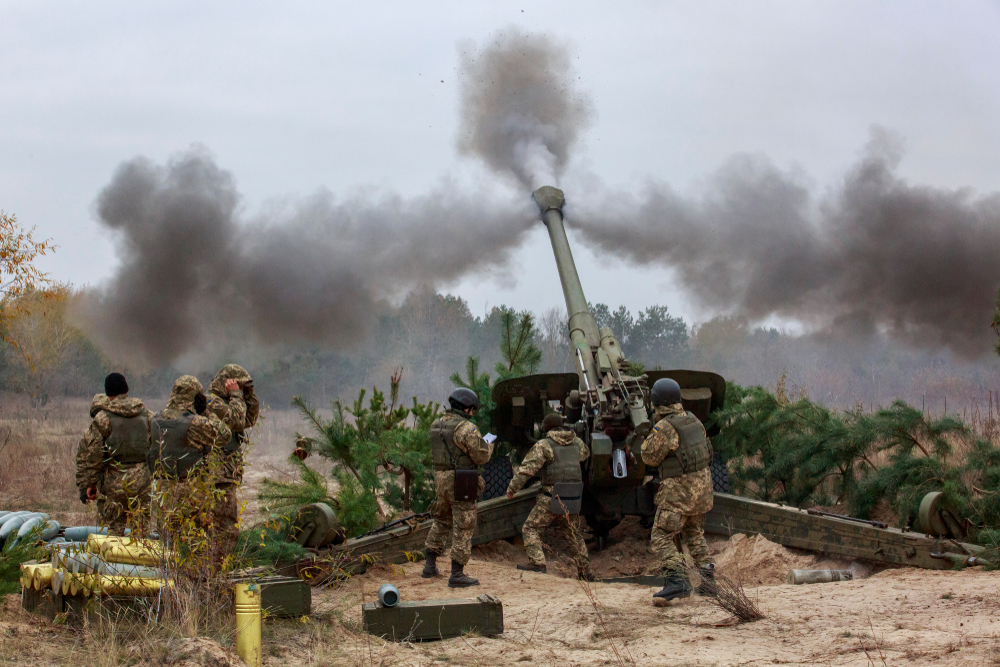



The global economy has faced significant challenges in recent times, including the Ukraine war and the ongoing Israel-Hamas conflict. These events have raised concerns about the potential consequences for the world economy, including stock market volatility, inflation, and interest rates [de434e97]. Despite these challenges, the global economy has shown resilience and managed to survive the Ukraine war. It remains to be seen how it will navigate the current Israel strife and its potential impact on various economic indicators such as foreign investment and market stability [de434e97]. The impact of the war on the Israeli economy is significant, with estimates suggesting that it will cost above $50 billion [02ab15ef]. However, some market sources believe that this could be an ideal situation for investors, especially those with cash or young, first-time investors. They suggest taking a long-term approach and buying stocks when prices are low. Military operations like this tend to cause short-term economic softening but lead to stronger growth in the long term. The destruction caused by the war will be rebuilt, tourists will return, and reserve soldiers going back home will boost the economy [de434e97]. It is important to note that investing in stocks carries risks and that short-term market volatility is normal. It is advised to consider one's time horizon for investment and focus on long-term performance [de434e97].
Wars are causing significant damage and loss of life, while the global economy is still reeling from the impact of the pandemic. The pandemic led to the largest contraction since the Great Depression, with the global GDP estimated to have contracted 3.3 percent in 2020. The economic cost of the pandemic is estimated to be $28 trillion in lost output between 2020 and 2021 [54c95544]. The costs of wars are staggering, and it is disheartening to think about how that money could be better utilized. For example, the costs of wars are enough to feed malnourished children around the world. It is a stark reminder of the priorities we should have as a global community. Instead of investing in destruction, we should invest in the well-being and future of our children [54c95544].
Armed conflicts are a common cause of day-to-day instability in global markets, interrupting trade and investment relationships. The economic impact of war includes energy price hikes, diminishing purchasing power, and struggling firms and governments. Developing countries are particularly vulnerable to conflict spillovers due to their reliance on trade and investment in a narrow set of raw materials. The link between economic performance and security means that disruptions caused by foreign wars have a ripple effect on the global economy. Recognizing this damage is important in understanding the full costs of war. [25baa68f]
However, wars can also lead to high profits for defense contractors and arms manufacturers. Recent headlines from leading newspapers and media outlets are cited, highlighting the record-high stock prices and profits of defense companies amid ongoing conflicts [977e2c93]. The consolidation of the arms industry is mentioned, with a few giant companies dominating government military contracts [977e2c93]. The article raises ethical concerns about investing in weapons manufacturing and the potential influence of arms corporations on security and foreign policies [977e2c93]. The Watson Institute/Brown University Costs of War project is referenced, revealing the massive Pentagon spending on wars and the significant portion going to military contractors [977e2c93]. It emphasizes the need to reduce the influence of weapon manufacturers on policies to prevent the escalation of wars and conflicts [977e2c93].
In conclusion, while wars have a significant impact on the global economy and cause distress, they can also result in high profits for defense contractors and arms manufacturers. The ethical concerns surrounding war profiteering and the influence of arms corporations on security and foreign policies are important considerations. It is crucial to address these issues to prevent the escalation of conflicts and prioritize investments in the well-being and future of our global community [977e2c93].